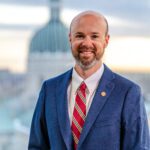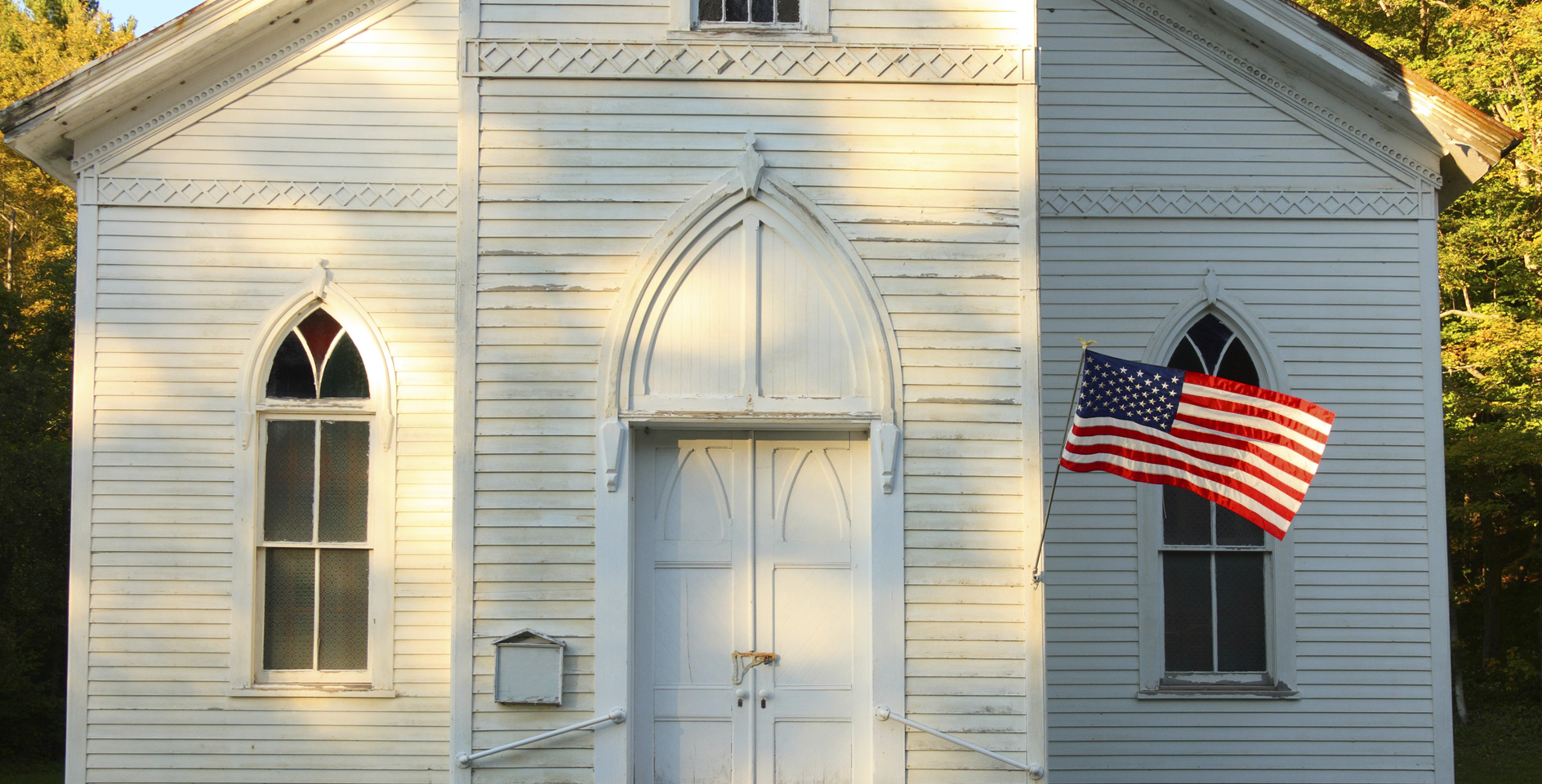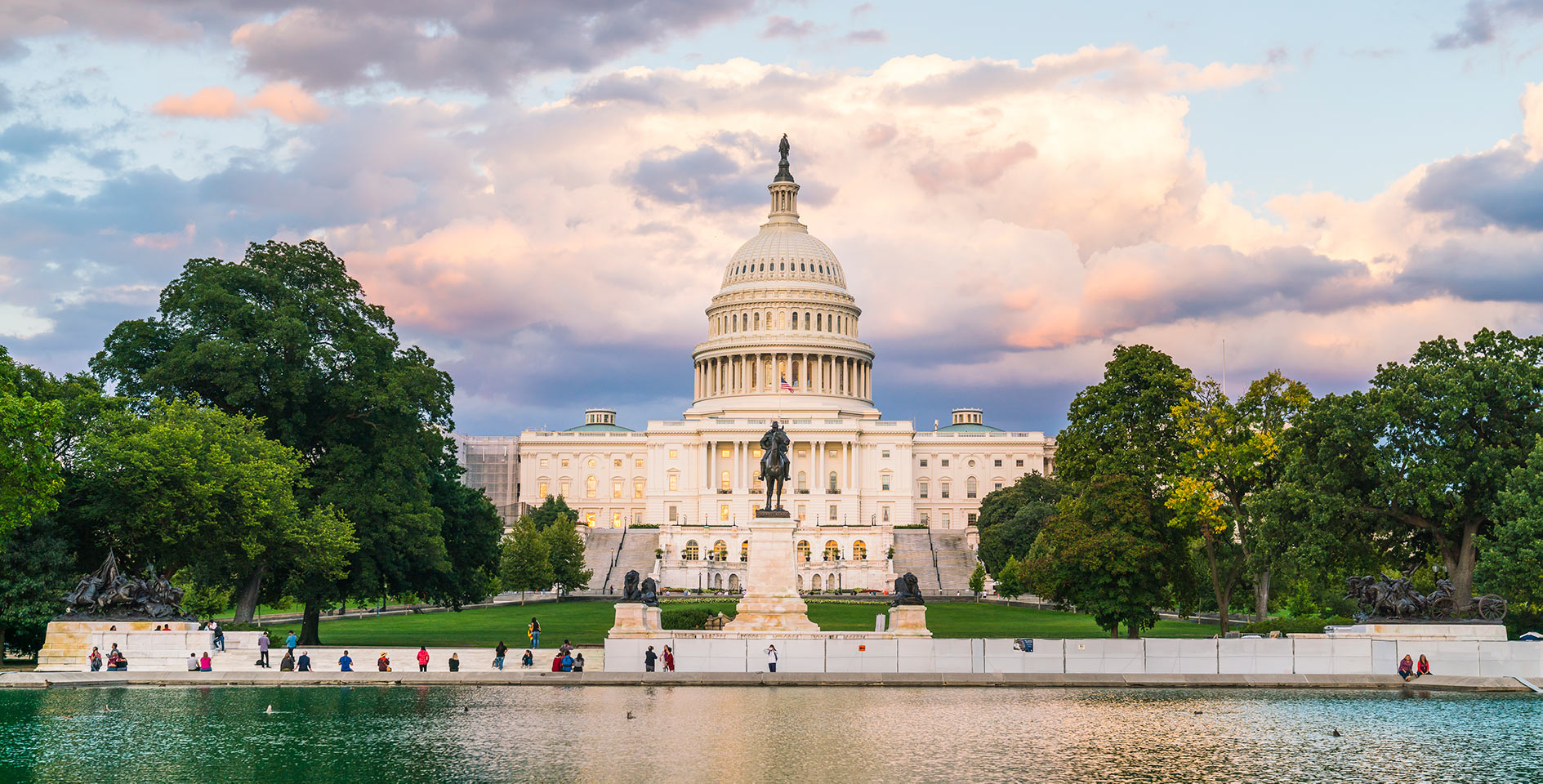A new study from Pew reveals that evangelical Christianity in America isn’t dying quite like some in culture thought or hoped. In fact, given the force of secular headwinds against it, evangelical Christianity might even be considered resurgent. If you’re at all familiar with the Christian narrative, that last line shouldn’t be surprising (Matt. 16:18).
Here are a few relevant snapshots from Christianity Today’s reporting, which offered a fine summary of Pew’s findings in its just-released America’s Changing Religious Landscape study.
“Over the past seven years, evangelicals have lost less than 1 percent of their share of the population, holding steady at about 1 in 4 American adults (25.4% in 2014, vs. 26.3% in 2007) and preserving their status as the nation’s largest religious group.
Evangelical churches also added more than 2 million people to their ranks, up from 59.8 million in 2007 to 62.2 million in 2014.
Pew found a ‘remarkable degree of churn’ in the US religious landscape. But evangelicals are the ‘major exception’ to the national pattern of Christian decline, and the only major Christian group in the survey that has gained more members than it has lost through religious switching.
Over the past seven years, evangelicals lost almost 8.5 percent of adherents and gained almost 10 percent for a net gain of 1.5 percent since 2007.”
Now, to be clear, not everything is rosy for evangelical Christianity. The rise of the religiously unaffiliated—the “Nones” as they’re referred to—is growing substantially faster than evangelical Christianity. Secondly, the slow rate of evangelicalism’s growth can hardly be interpreted as vindicating evangelicalism’s commitment to evangelism. In the battle to evangelize America, secularism appears to be winning hearts and minds.
But there are implications from this study that matter greatly to the future of America’s religious landscape.
First, it’s quite common to hear from former evangelicals now within the Mainline Protestant tradition that if evangelicals, with their persistently conservative theology, would only liberalize on such issues as biblical authority and sexual ethics—they’d find a newfound opportunity for cultural influence and increased opportunity to “reach the next generation.” The problem, however, is that the statistical evidence suggests just the opposite: It’s the liberalizing trends of American life that work to calcify vibrant, growing, and orthodox belief. The report indicates that a nominal, religious middle is simply dropping out altogether. The almost-Christianity of liberal Christianity is proving, in the long run, to not be Christianity at all. Either failing to grow or literally dying out, Mainline liberalism offers little as far as attractional gravitas once it surrenders core doctrinal beliefs to progressivism. If anything is clear from the Pew report, it’s that evangelicals should, once and for all, ignore the captains at the helm of the Mainline Titanic.
Secondly, this report shouldn’t be altogether surprising. Evangelical Christianity’s influence may very well wax and wane in whatever milieu it finds itself in. Christianity is never promised cultural dominance or privilege. Historically, Christianity flourishes in spite of these things. This shouldn’t surprise Christians—our Lord insists we’re going to inherit lot more than just good reputations, after all (Matt. 5:5). An alternate headline from this study might read: “Growing secular culture finds Christianity’s anti-secular claims troubling and conflicting.” Christianity and secularism are not amenable. And the constituency that believes they are (Mainline liberals) doesn’t have evidence to suggest that their hollowed out version of Christianity can survive the vaporizing winds of secularism. A growing secularism may force the church to learn a new cultural adroitness, but it doesn’t guarantee that Christianity will end up in the dustbin of history. The soil of civil religion is hardening, but in that, Christianity is given opportunity to be true to itself.
Third, by way of charting what successful social interaction will require as growing polarities exist between secularists and evangelicals, the future belongs to successful leaders that deliberately seek to understand the views of those who differ from them. This applies to believers and non-believers. For secular fundamentalists and religious fundamentalists, the easy task of caricaturing one’s opponents will have to give way to the harder task of inclusion and respect. The key to navigating a secularizing culture buffeted by robust religious belief is a genuine pluralism that seeks to actually understand and live at peace with one another in the this shared space we call American democracy.
Therefore, civility and pluralism are musts if there’s to be any chance of civic unity in the coming years.
Finally, what the study infers but doesn’t exactly state is that the future of Christian belief in America belongs to those who hold fast to the faith. The pseudo-evangelicals who cry, “I’m an evangelical!” while gutting evangelical doctrine and excising unpopular teachings are the high priests of managed religious decline. The future of Christianity belongs to those who don’t surrender the inconvenient, inexpedient truths of Christianity for the sake of secular pottage.







